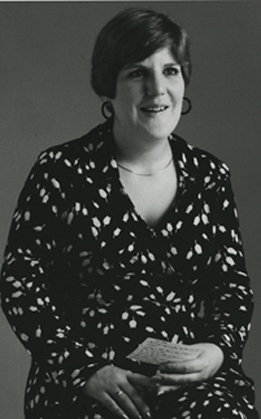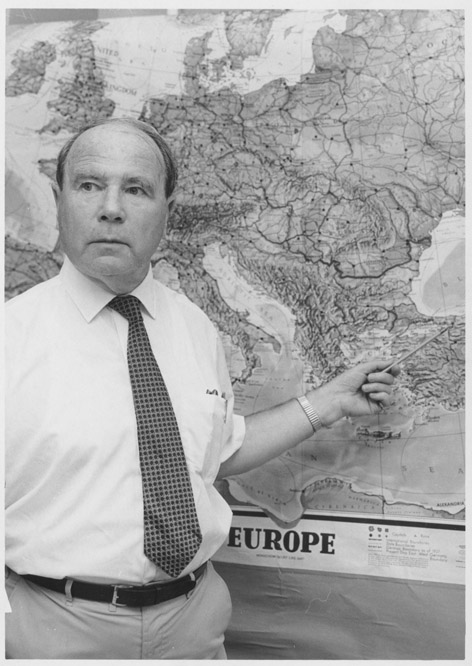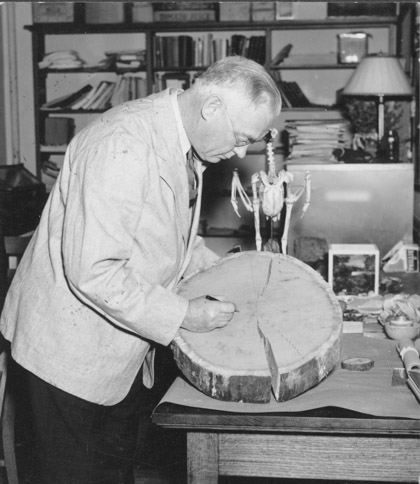Rae Unzicker Papers

Rae Unzicker’s exposure to the psychiatric system began at a young age. Growing up in an abusive home, her parents sent her to psychiatrists off and on for years before she was involuntarily committed. While there, she was quickly introduced to the chaotic and damaging atmosphere of a psychiatric institution, exposing her to mandatory drugs, seclusion rooms, forced feeding, and work “therapy” that required her to wash dishes six hours a day. Once she was release, Unzicker’s road to recovery was long, but after several suicide attempts and stays at other treatment facilities, she ultimately counted herself–along with her friend Judi Chamberlin, an early leader in the movement–a psychiatric survivor. Like Chamberlin, Unzicker embraced her role as an advocate of patient’s rights and for the radical transformation of the mental-health system. In 1995, President Clinton appointed her to the National Council on Disability; two years later she was elected president of the National Association for Rights Protection and Advocacy (NARPA). Unzicker was widely known for her public appearances, conferences and speeches, and her writings, including numerous articles and contributions to the book Beyond Bedlam: Contemporary Women Psychiatric Survivors Speak Out. A survivor of cancer of the jaw and breast, Rae Unzicker died at her home in Sioux Falls, South Dakota on March 22, 2001 at the age of 52.
Although a small collection, Rae Unzicker’s papers document her activities as a leading advocate for the rights of mental health patients, including transcripts of speeches and videotaped appearances, correspondence and feedback related to workshops and conferences, press kits, and newspaper clippings. The most important materials, however, are her writings. It is through her poems and her full-length memoir, You Never Gave Me M & M’s, that Unzicker’s story and voice are preserved.





